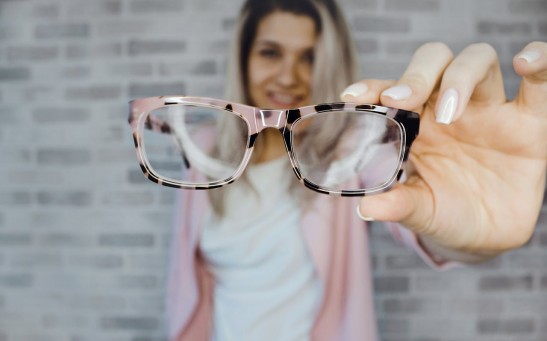eyesight
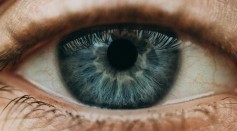
How Far Can the Human Eye See? Unveiling the Extensive Range of Eyesight
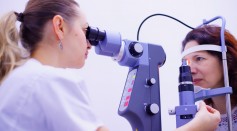
Poor Eyesight? Here Are Some Foods For Better Eye Health That You Should Include in Your Diet

Do Dogs Have Night Vision? How Good Can They See in the Dark?

Humans Can Now Walk With Eyes Closed Through a 10-Week Echolocation Training Program
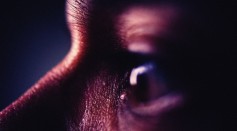
Drug for Alcohol Use Disorder Found Effective at Treating Age-Related Vision Loss

Astrophotographer Gambled His Eyesight to Capture Venus in Front of the Sun
Neural Network From Brain to Eyes Evolves Much Earlier, Fish Genetics Study Shows
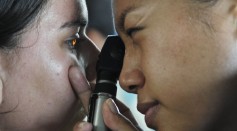
The Importance of Treating Dry Eyes
Ophthalmology Breakthrough: Newly Discovered Chemical Reaction Can Enhance Eyesight For Visually Impaired Patients
Study Says Dyslexia Is Not Related to Eye Sight
Seeing With Its Skin—How An Octopus Can Live In the Deep
eSight Glasses Give Blind Mother New Sight & The Ability to See Her Son for the First Time
Most Popular

How Technology Is Changing the Real Estate Industry?

Study Reveals High Turnover in Scientific Research Careers: What This Means for Future Scientists

Nikolay Karpenko Biography, Photo, Career, Accomplishments

China’s Tiangong Space Station to Expand Its Capabilities With New Modules

